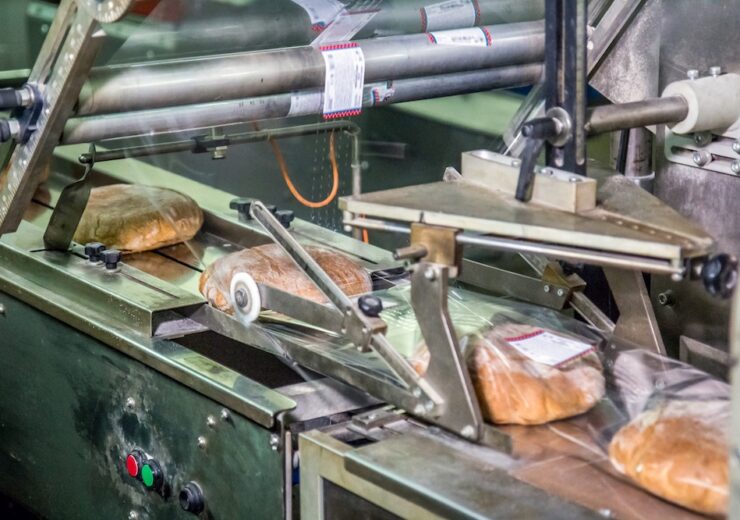Rigid plastics were the most consumed pack material in the Australian packaging industry, accounting for a market share of 28.3% in 2019, and is expected to reach 29.2% by 2024

The food industry was the most used packaging type in Australia, accounting for 48.1% of the market share (Credit: Shutterstock/ Alex Marakhovets)
Due to hectic lifestyles, consumers are opting for products offered in convenient packaging formats – in Australia, this shift is playing a role in growing the sector, which is expected to reach 35.8 billion units in 2024, according to data and analytics company GlobalData.
Its analysts believe it will grow at a compound annual growth rate (CAGR) of 1.2% between 2019 and 2024.
GlobalData’s report, Australian Packaging Industry – Trends and Opportunities, reveals the sector is mainly driven by growth in glass packaging, which is forecast to register the fastest volume of CAGR of 2.2% between 2019 and 2024.
This category is closely followed by rigid plastics, which is expected to record a CAGR of 1.9% during the next five years.
GlobalData consumer analyst Anchal Bish said: “Hectic lifestyles and change in consumption patterns are pushing consumers towards products packed to offer convenience and support on-the-go consumption.
“The trend is particularly strong in sectors such as food, beverages and cosmetics.”
The food industry the most used convenient packaging type in Australia says GlobalData
The food industry was the most used packaging type in Australia, accounting for 48.1% of the market share.
This is followed by non-alcoholic and alcoholic beverages with shares of 18.8% and 18.7% respectively.
Rigid plastics were the most consumed pack material in the Australian packaging industry, accounting for a market share of 28.3% in 2019, and is expected to reach 29.2% by 2024.
Other popular pack materials included flexible packaging and glass.
The food industry led in terms of the usage of rigid plastics, with a share of 55.2% in 2019 – this was followed by the non-alcoholic industry which accounted for a share of 33.8% in the same year.
Anchal added: “Sustainability is yet another trend gaining ground in the sector, pushed by rising consumer consciousness over issues of environmental degradation as well as the government-led targets for 2025 to shift towards sustainable packaging.
“Changes in consumer attitude towards environmental issues are significantly impacting products’ choices and prompting the manufacturers to innovate on this front.”
